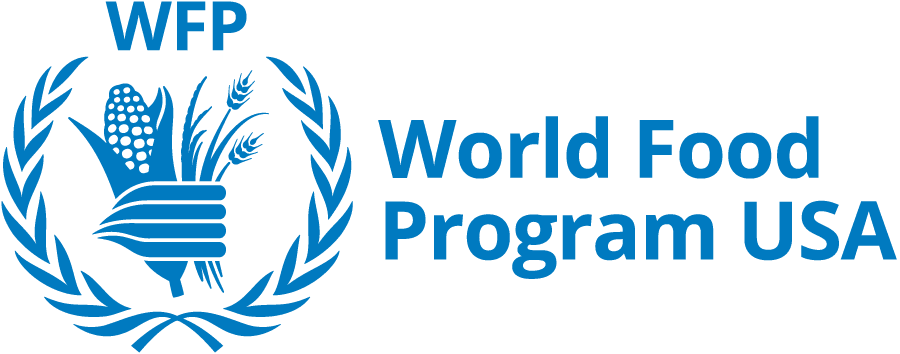Vulnerable to Climate
Just under one quarter of the population lives in poverty. Nearly 1 million people were epxected to be severely hungry during the peak of the June – August 2022 lean season.
With 90% of agricultural production subsistence-based, large numbers of people are vulnerable to the effects of events such as droughts, floods and locust invasions, all of which are made worse by rapid soil erosion and desertification due to climate change. A series of major droughts in 2011, 2014, 2017 and 2018 weakened communities and damaged ecosystems, forcing many to cope by eating less or selling livestock at less than its market value.
Mauritania continues to host the largest number of Malian refugees in West Africa. The security conditions in Mali remain volatile, resulting in a continuous refugee influx to Mauritania. As of June 2022, 79,610 refugees were registered by UNHCR in and around the Mbera camp.
You can make a difference. By understanding issues, learning how to civically engage, and joining the movement to end global hunger for good.
 WFP/Agron Dragaj
WFP/Agron Dragaj







